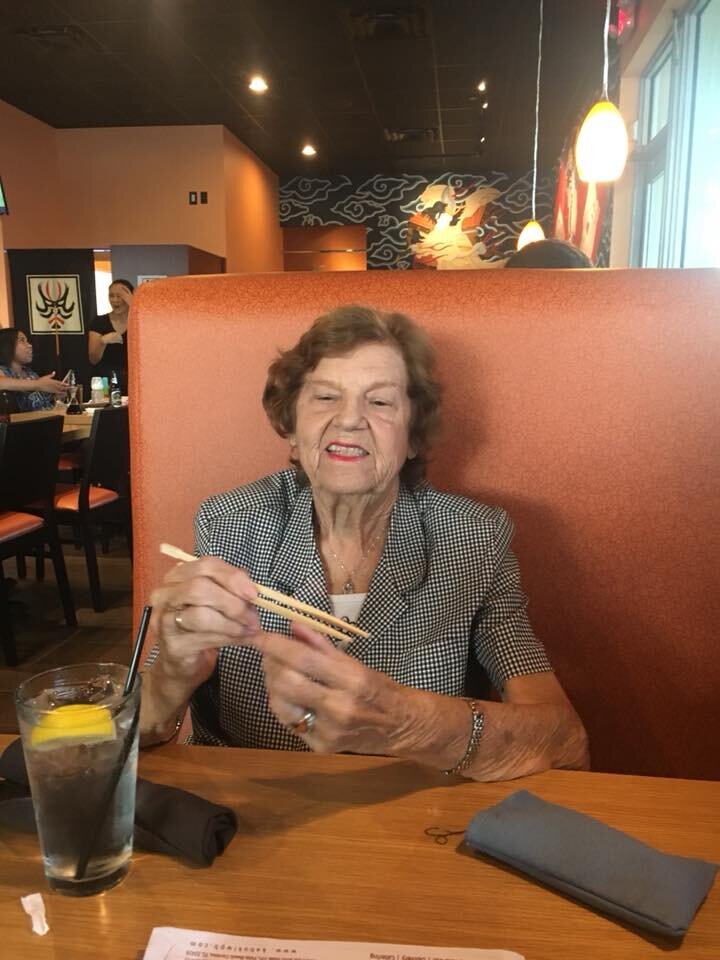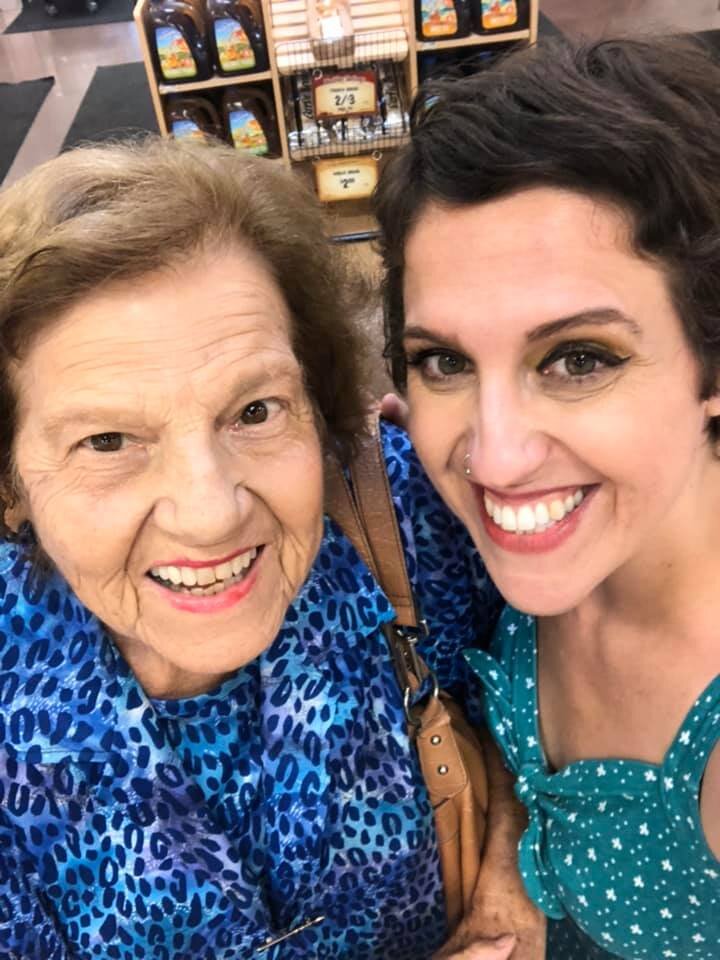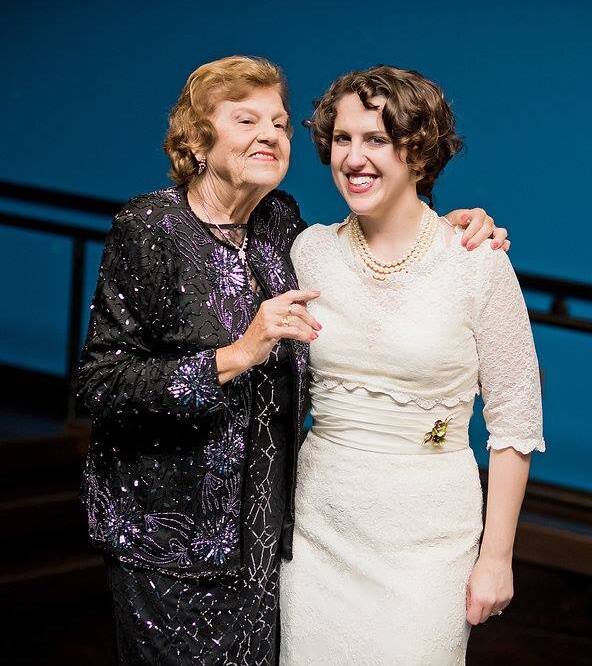If you’re recently pursued a lifestyle change with the intention of losing weight, you might be concerned about the number on the scale. While this is one metric, it doesn’t tell the whole story. (Plus, your value is not determined by your weight.) However, if you’re on a mission to get to a healthy weight, you might find value in my perspective, as someone who’s been in your shoes.
Non-scale victories — though maybe not as quantifiable — are wins in their own right. Consider the following alternative indicators of success:
You can walk up the stairs without losing your breath.
You make it through the day without having to take a nap or have another serving of caffeine.
You run into an old friend who hasn’t seen you and they comment that you look healthier and more fit.
You can keep up with your kids or grandkids when it might have been a chore before.
You no longer have to take prescribed blood pressure or diabetes medications.
Your blood work improves, and you lower the risk of developing preventable diseases.
You feel “off” when you go more than a few days without working out.
You develop a healthy glow.
You no longer have chronic aches and pains, especially during activities of daily living.
You can do more reps or increase weights at the gym.
That pair of “skinny” jeans fits without a struggle.
Your BMI goes from unhealthy to healthy.*
In short, the scale is one way to gauge progress, but don’t let it be the only one. *I should also mention that gaining muscle can certainly cause the number to be artificially inflated. That’s why BMI is not the only way to track progress. Muscle and fat and not created equally, after all. Interested in learning more about how you can safely and effectively lose weight? Email me to set up a free consultation.






